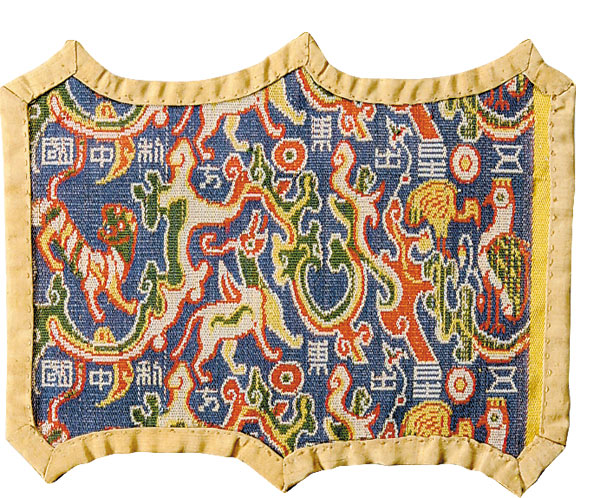

'Textual treasures'
Zhang Zhiqing, deputy director of the National Library of China and a special guest on Zhongguo Guobao Dahui, says the quiz show is a breakthrough because it helps people to correct some stereotypical understanding on what should be treated as "national treasure".
He says references in documents and physical artifacts are complementary, and when linked, they can help people to comprehensively understand history.
"Ancient Chinese books are key cultural items," Zhang says. "But they are usually only popular in some circles because when compared with brilliant collections of museums, like exquisite bronze ware, they are not that eye-catching."
While archaeology is getting more attention from the public following some successful TV programs, ancient books are still less noticed, he says.
For that reason, he adds, the National Cultural Heritage Administration included libraries in charge of "textual treasures "when producing the quiz show.
Zhang's concern is reflected on the show as contestants seem to know less about ancient books than museum collections.
For example, when asked about Yongle Dadian, a 370-million-character Ming Dynasty (1368-1644) tome, considered by some as the world's biggest paper-based encyclopedia, contestants knew little about this milestone in Chinese literary history.
"After failing to correctly answer several questions in a row, a contestant kept saying sorry to me," Zhang says.
"She is not to blame. Our publicity of ancient books is not enough.
"A TV program cannot immediately solve the problem. It is also doubtful whether people will read the difficult texts of ancient classics. However, it is an exciting start to nurture people's interest."